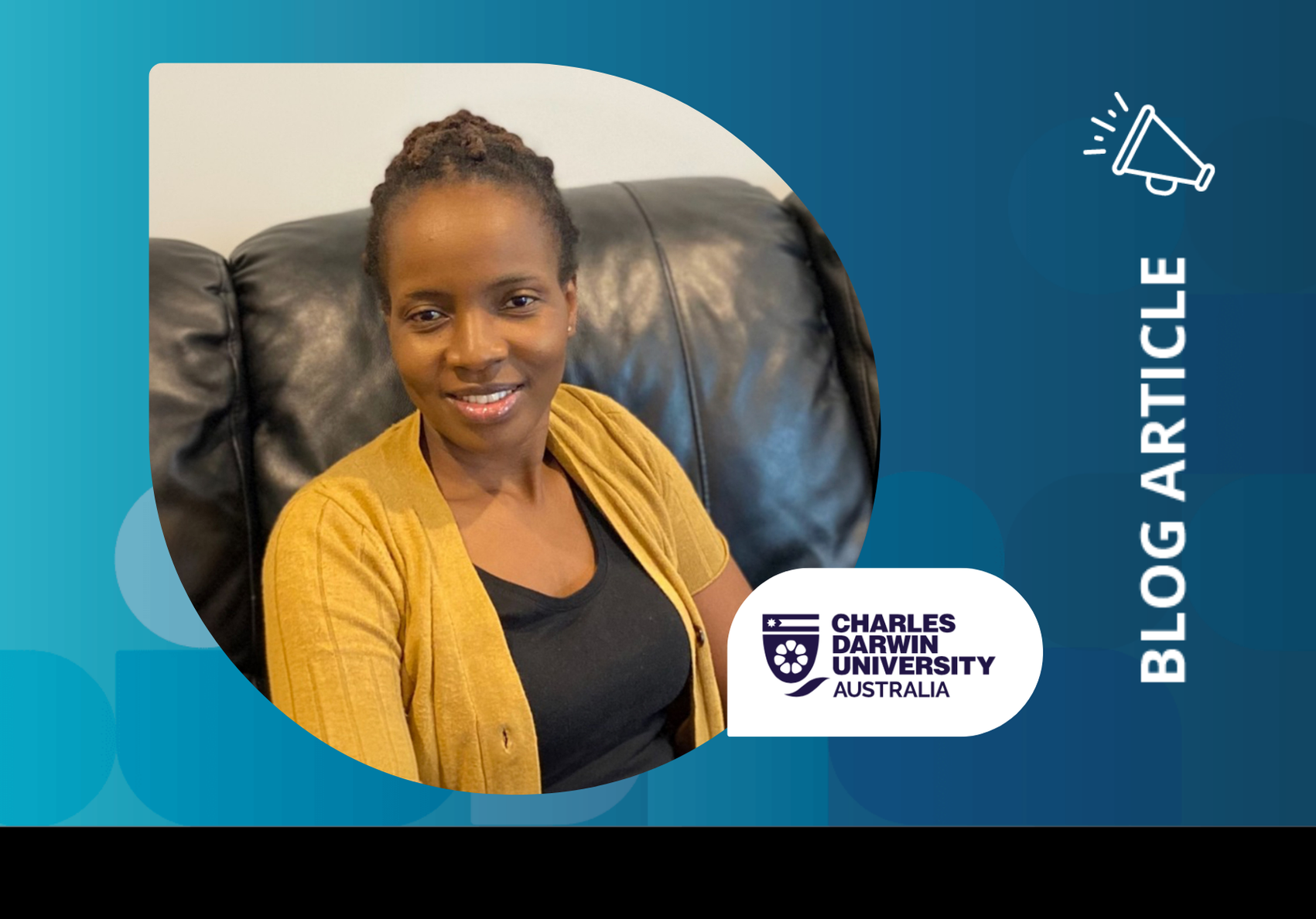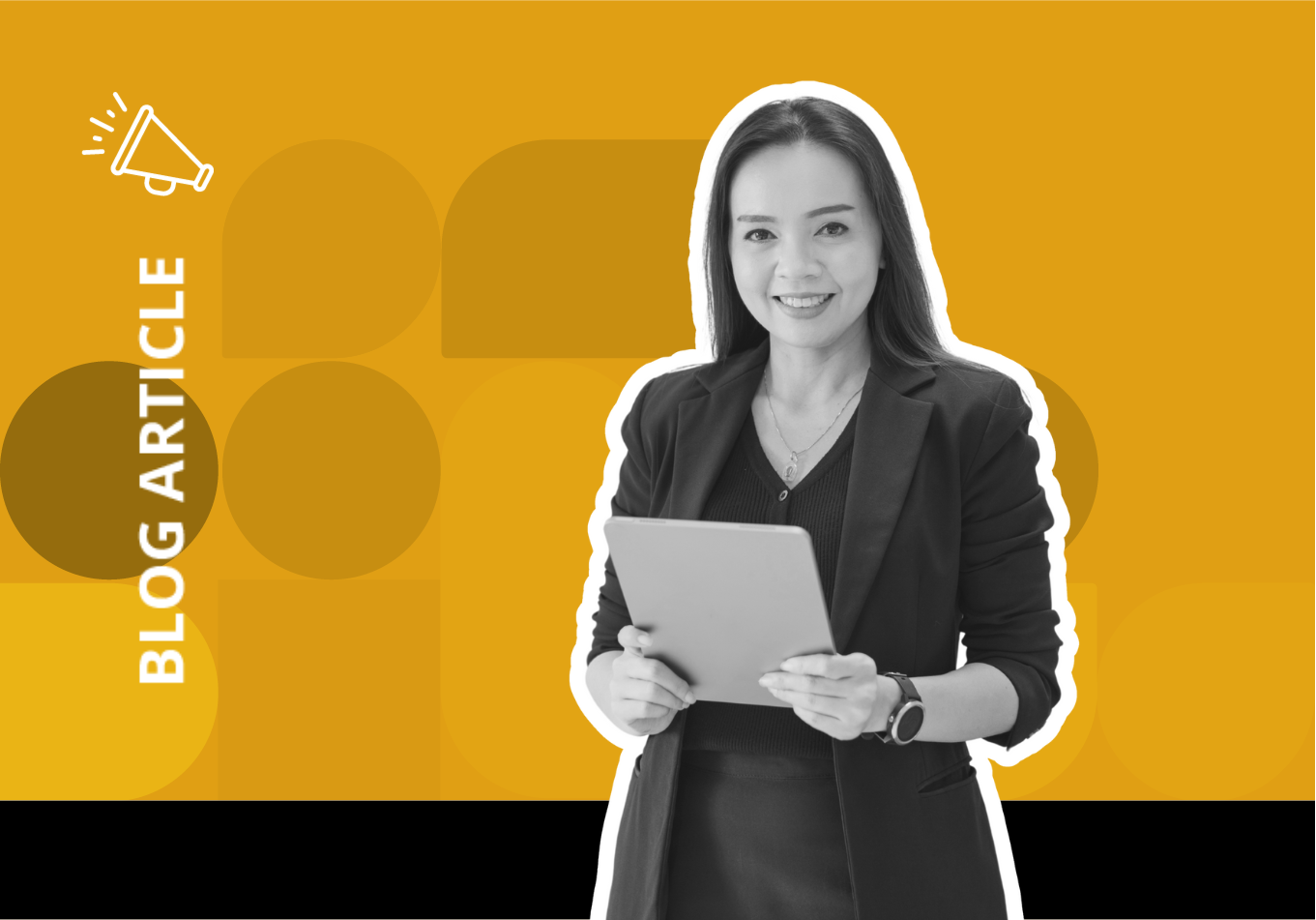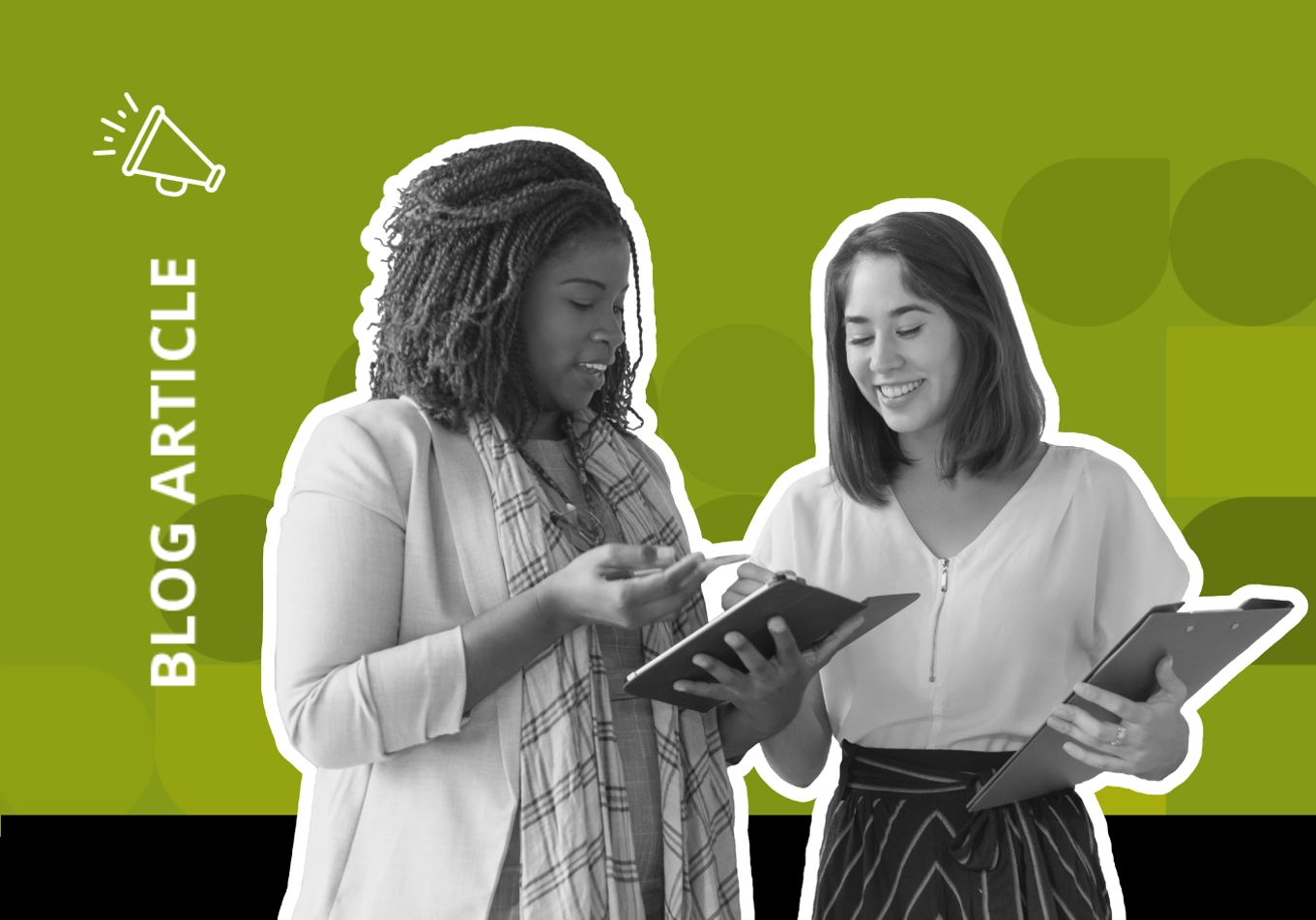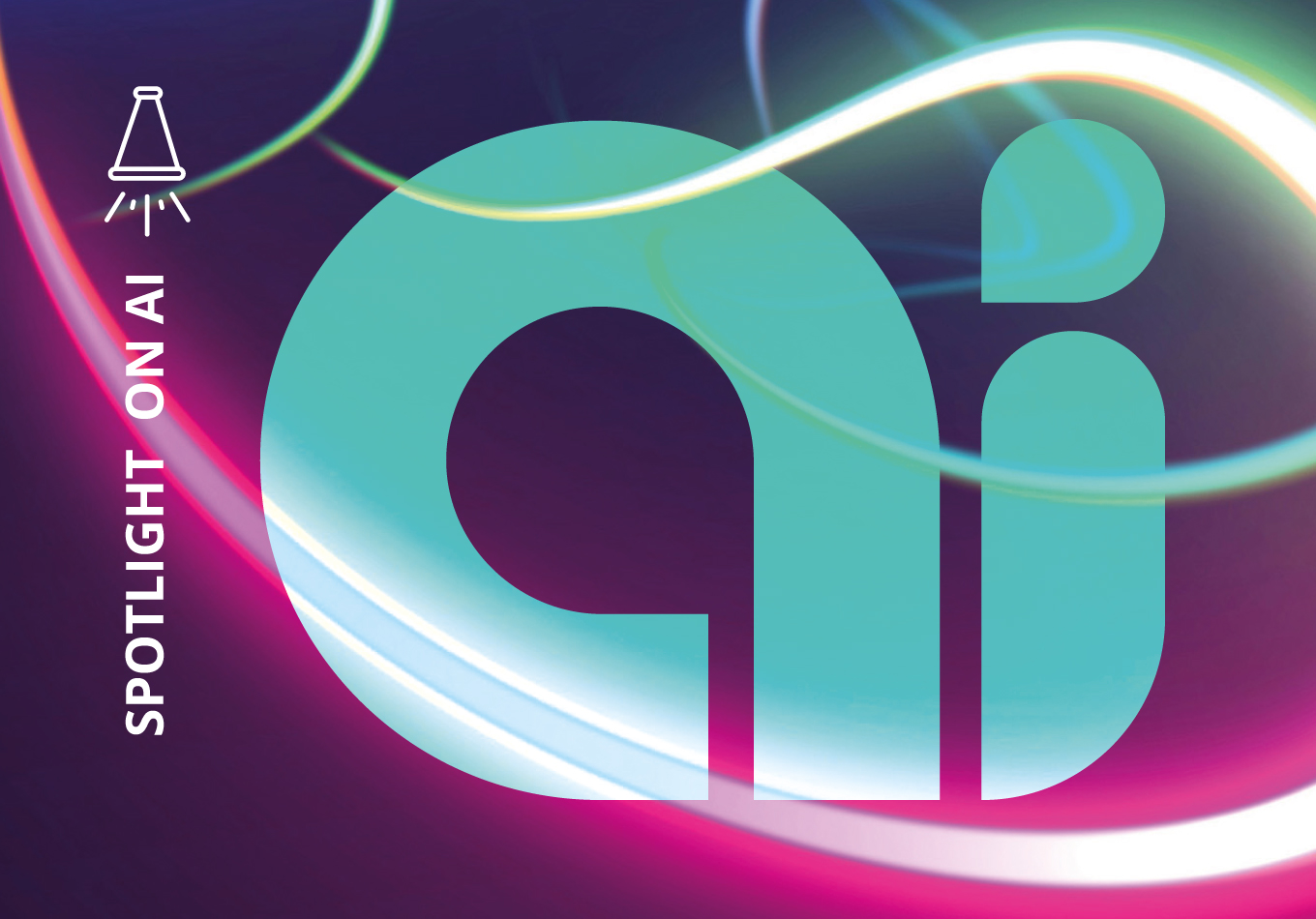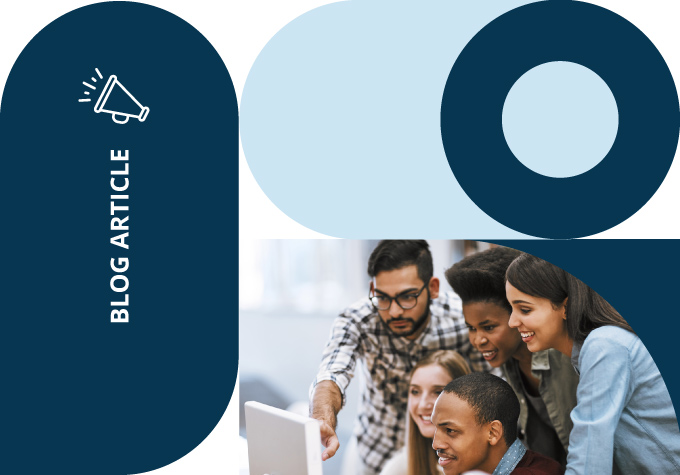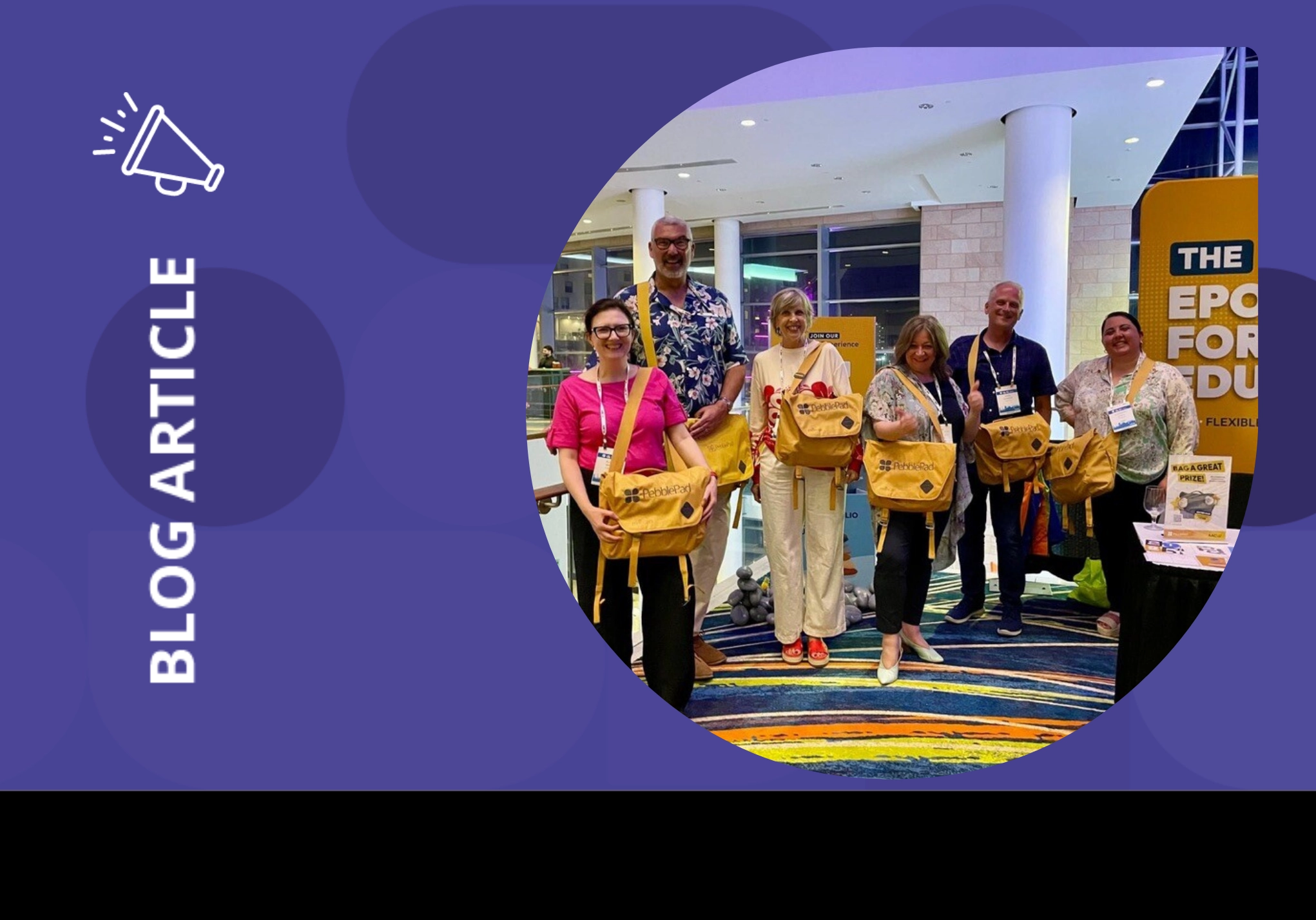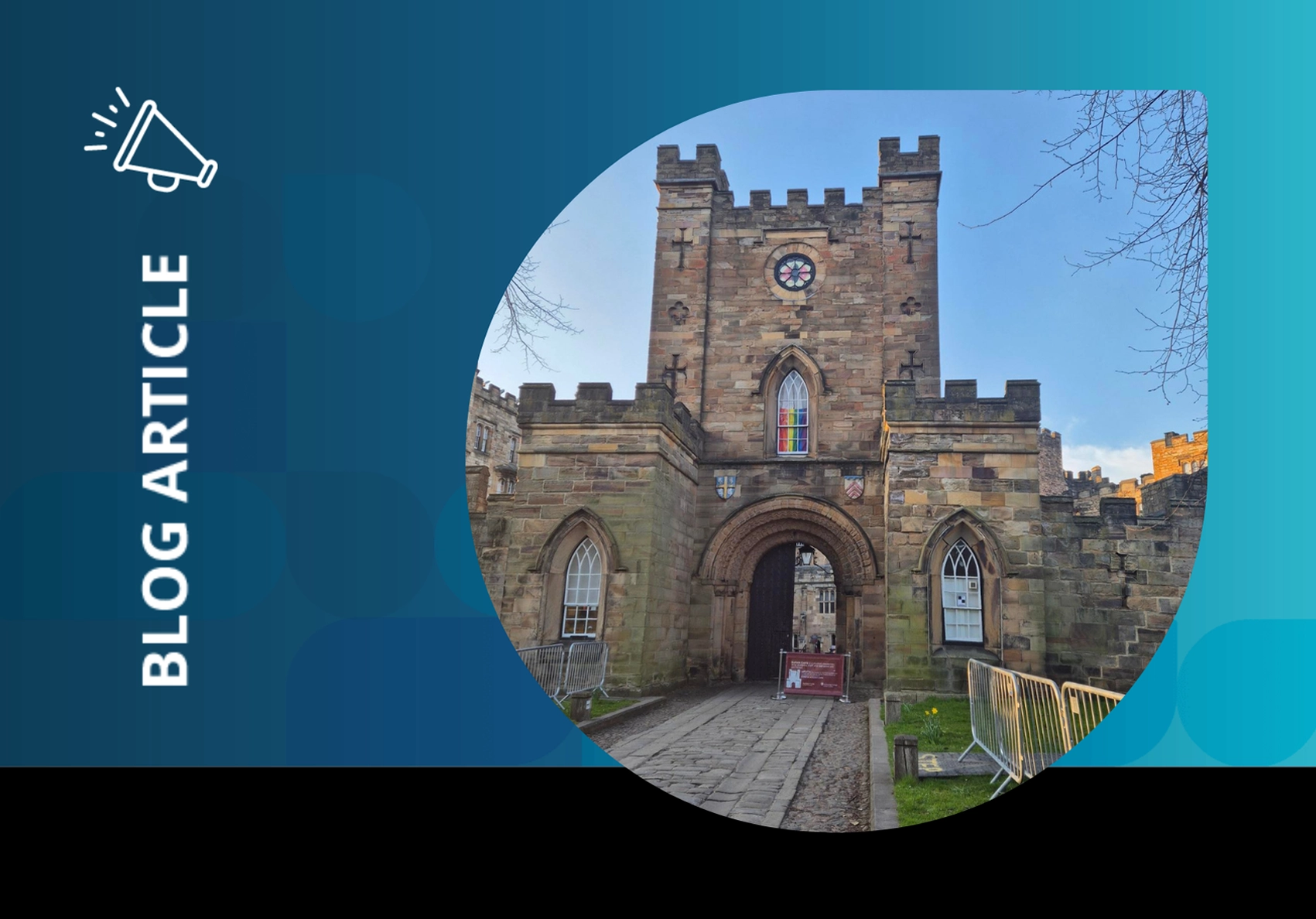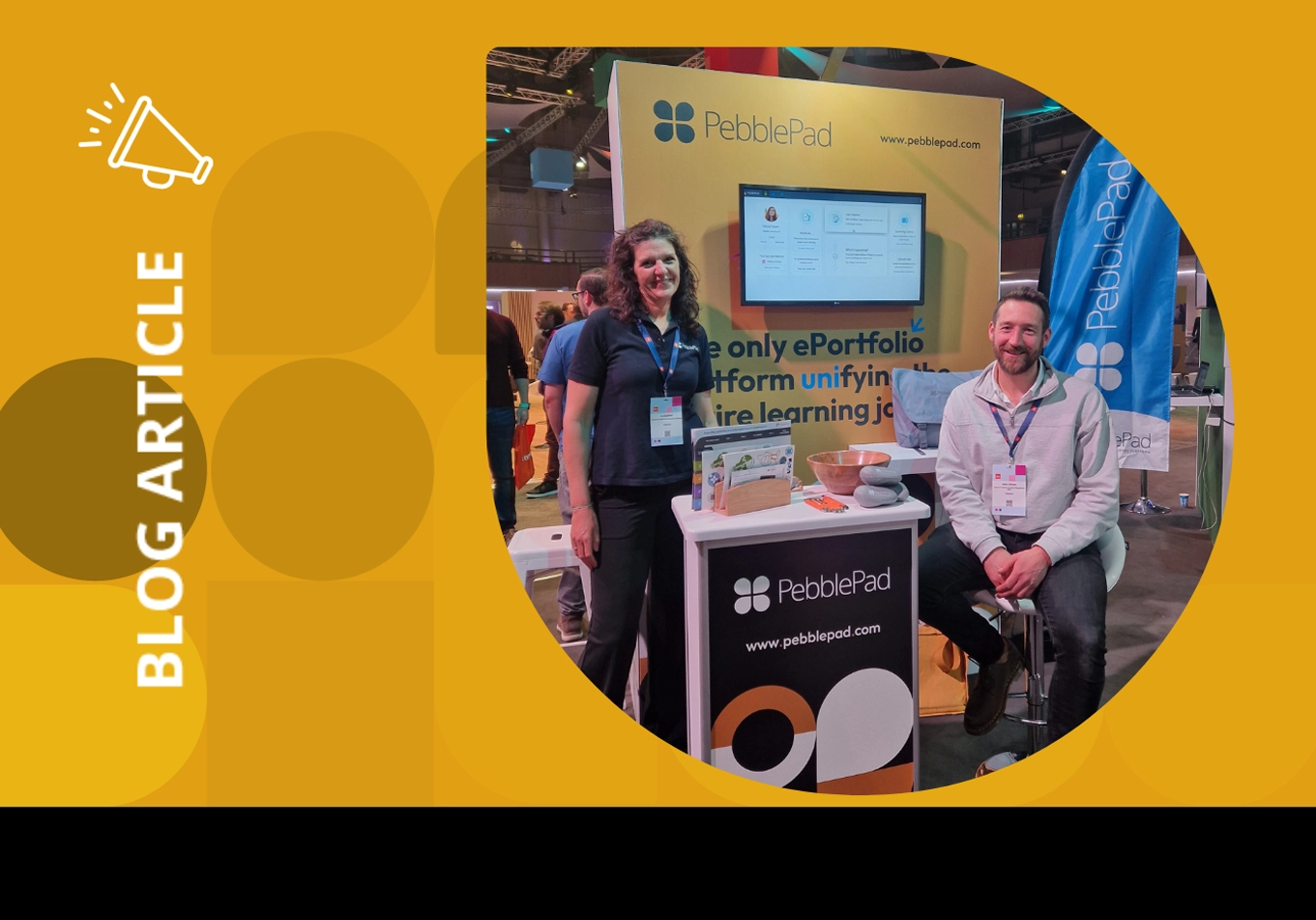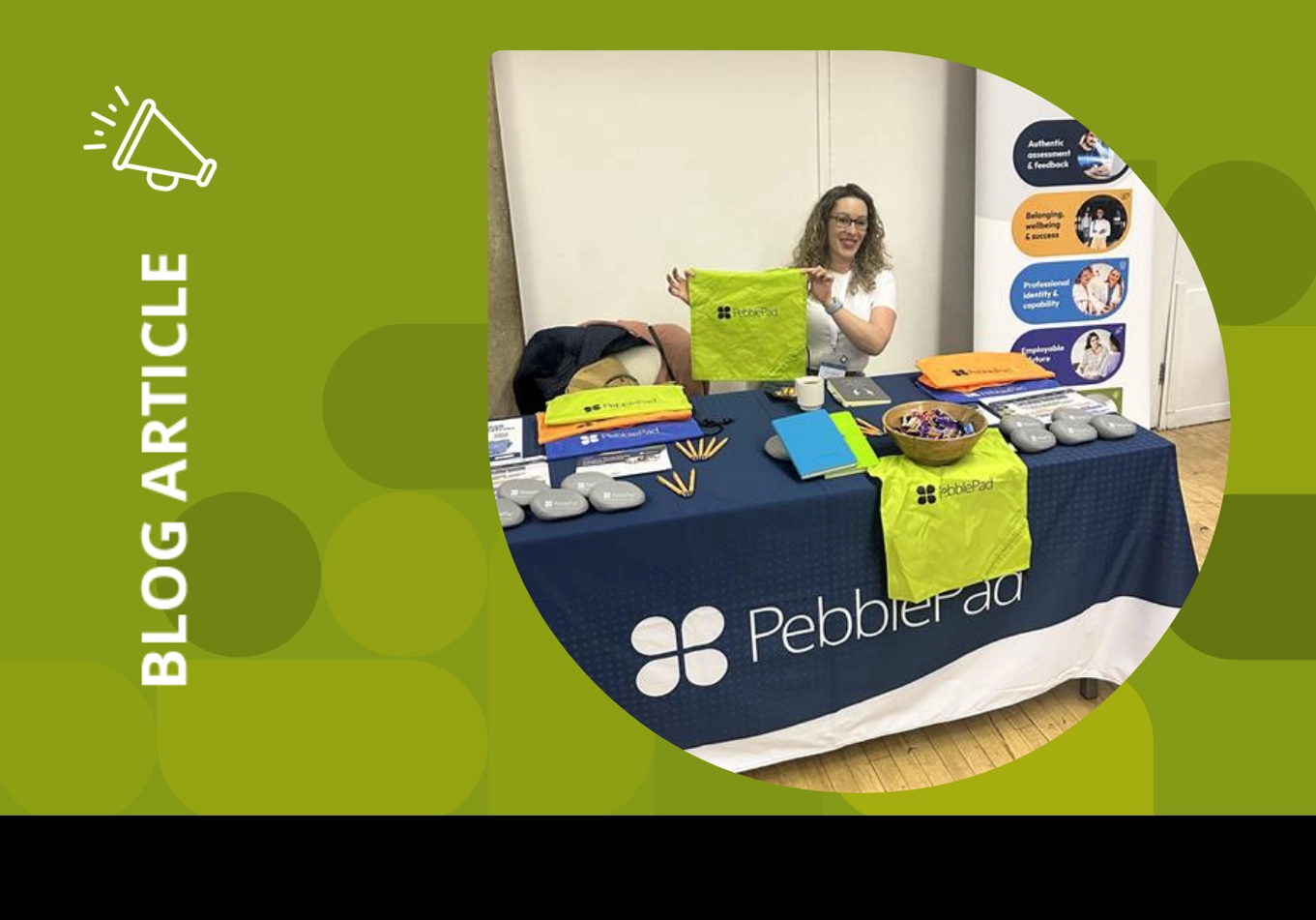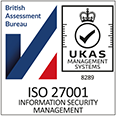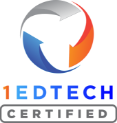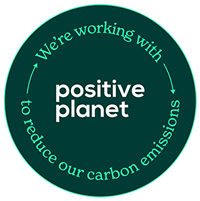Uncover why reflections remain an essential part of every student and educator learning journey – and how technologies can help capture them.
This summer, PebblePad was fortunate to attend the AAEEBL Conference in Providence, Rhode Island. The Association of Authentic, Experiential, Evidence Based Learning (AAEEBL) began in 2016 as a community of international ePortfolio practitioners and researchers exploring how portfolios could be leveraged to support authentic student learning experiences.
This year’s theme examined the Role of Reflection in ePortfolio Learning with conference participants from as far away as Australia and as nearby as Providence. As always, the conference provided attendees with a wide array of ideas, perspectives and expertise from which to learn.
Resolving reflection
The conference kicked off with a keynote presentation featuring Andrew Longhofer from Pacific University, Sonja Taylor from Portland State University and PebblePad’s own Gail Ring. The talk’s subject: ‘I Won’t Share That Because It’s Too Personal: Positionality, Agency, and Trust in Portfolios and Reflection’ set the tone by focusing on student privacy and reflection with reflective learning emerging as a consistent theme throughout the conference. For example:
Indiana University, Indianapolis
Mark Urtel from Indiana University reminded us of the seminal work in this domain by early scholars Dewey, 1933 and Schon, 1983, and more recently, scholars Urtel, et al, 2023 and Campbell, et al, 2021. In his talk, Mark pointed out that there are “essential elements” to reflection that exist across all learning journey domains, and that “reflection should be frequent, re-viewable, contextual and contribute to the development of the student/learner.”
Langara College, Vancouver
Langara College’s Diane Thompson asked the question: “How do we get students to engage in deeper learning and connection-making for career progression?”. She shared her experiences in the college’s Library Tech Program where early data suggests that, as more opportunities for reflection were incorporated using PebblePad’s templates, workbooks and ePortfolio features, the students’ ability to articulate their knowledge and skills also improved. Not surprisingly, this approach positively impacted students’ success in getting jobs, which is a key outcome for the Library Tech Program.
College Unbound, Providence
Sylvia Spears, Vice Provost from College Unbound (CU), detailed the institution’s mission to reinvent higher education and the learning journey for underserved adult learners. This is being achieved through a student-driven, rigorous and engaged scholarship model.
There is also a strong emphasis on empowering lifelong learning and enabling adults to be active participants in shaping their desired lives. Sylvia’s work at CU offered a blueprint for what higher education can and should be, emphasizing a culture of reflective learning and student empowerment.
Throughout the CU curriculum, students engage in real-world projects aimed at social change. They then document these experiences via an ePortfolio in which they demonstrate their skills and leadership capacities, evidence of their achievements and reflections on their progress.
College Unbound: Student panel
The day ended with an inspiring student panel from CU whose stories highlighted the transformative power of reflection. Although they all agreed embarking on this reflective learning journey was initially awkward and difficult, it soon become clear that reflection was an essential skill that everyone should work to develop.
One student mentioned that by the time she finished the Big 19 competencies – and recording her corresponding reflections – she had developed a fuller picture of herself. The process taught the student how to communicate more effectively and ask better questions. For these students, the unique program “made the impossible possible!”.
Magical transformations
Each year AAEEBL bestows the honour of Batson Lecturer to a Portfolio researcher/practitioner. Candyce Reynolds, this year’s Batson Lecturer and the Dean of General Education at Boise State University, described reflection as “fairy dust,” a magically transformative element that enhances learning and integrative experiences.
Candyce reminded us that skills aren’t hard or soft – but durable or perishable – and as such must be nurtured through reflection in and out of practice. She connected this idea to Boise State’s Foundation’s motto of “Know, Do, and Become,” reinforcing the value of reflection in contributing to the durability and transferability of learning.
Positive questioning
The event concluded with a Q&A with the founder of AAEEBL, Trent Batson. Now retired from AAEEBL, Trent has shifted to a more community-based role, continuing to emphasize reflection, resilience and lifelong learning, all principles central to the conference’s themes – and to reflective learning itself.
Importantly, everyone in attendance was challenged to reflect on our own impressions at the end of each day, focusing on when we had a moment of joy, what we had learned, and perhaps most importantly, what are we giving back to our community? Such reflective questions will stay with us all long after the conference as we each continue our learning journey, together.



